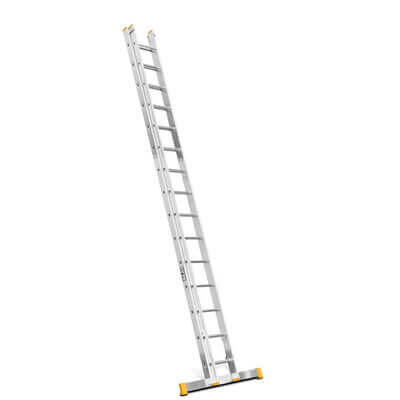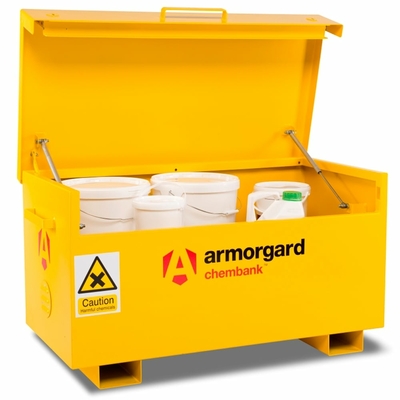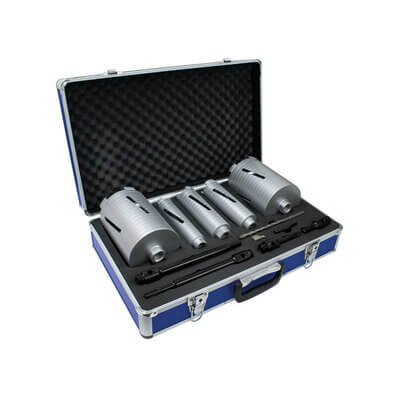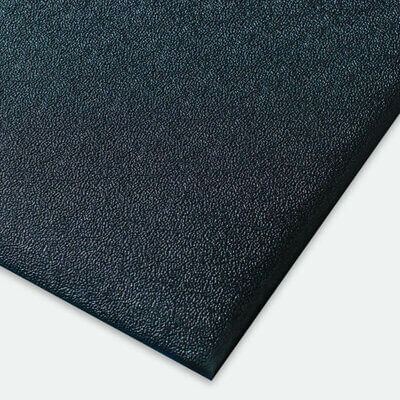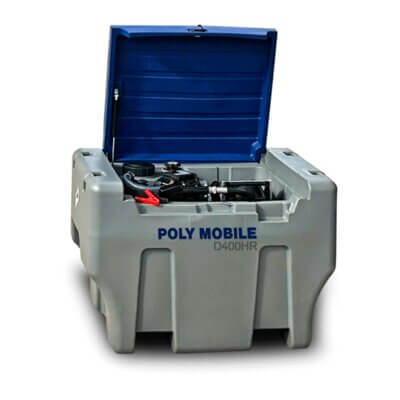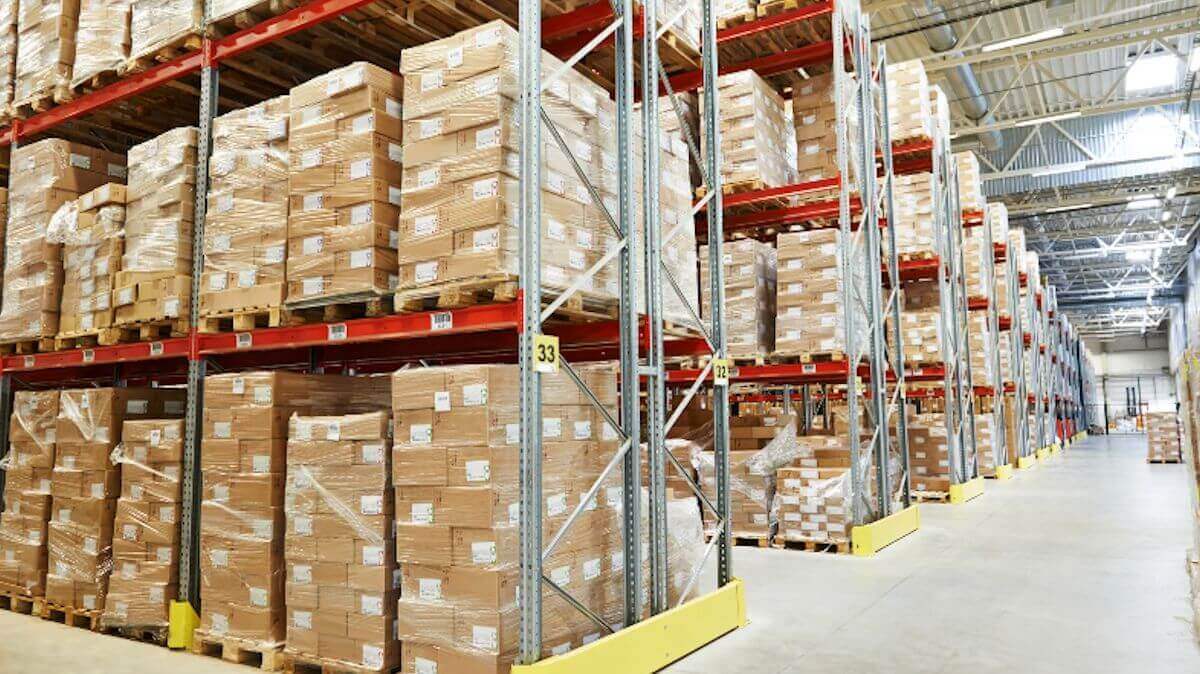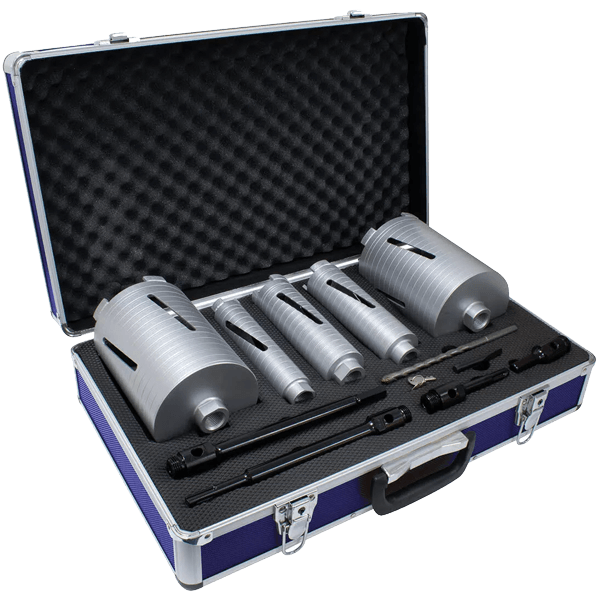Troubleshooting Issues With Diamond Tile Drills
Troubleshooting Issues When Diamond Tile Drilling
Diamond tile drill bits are great tools for drilling into hard tile materials like ceramic and porcelain. They can be used in high speed rotary drills or angle grinders (depending on the drill bit fitment), to drill efficiently and effectively through tiles.
Some issues can occur with diamond tile drills - read on for help with troubleshooting any issues you may be having.
Correct Use of a Diamond Tile Drill
The key to drilling into porcelain and ceramic tiles effectively with a diamond tile drill is speed! The quicker the drill bit spins, the quicker it drills through ceramic and porcelain. This means the drill bit spends less time in the cut and in turn reduces heat build up.
A slow spinning diamond drill bit will take longer to drill through the material. A common misconception is to apply increased pressure on the drill to get quicker results. However, this is not the case. Increasing the pressure will reduce the milling speed, thus increasing heat build-up and reducing lifetime.
Heat build-up can be detrimental to the performance of the diamond grit, which may result in premature blunting or failure. So it is important to take breaks in drilling to prevent overheating.
For maximum lifetime, we recommend using either a mains-powered High-Speed Drill or an Angle Grinder (cordless grinders are fine). If a drill bit is used with a Cordless Drill it will reduce lifetime and performance.
Most Common Issues With Diamond Tile Drills
- Drilling in hammer mode - Tile drilling should be carried out in rotary mode only, without any hammer action.
- Incorrect use of diamond tile drill - Ensure that diamond tile drills are used in accordance with manufacturers' instructions only.
- Using an incorrect drill motor for diamond drilling - Tile drilling should be carried out using a high speed rotary drill (or angle grinder, depending on fitment).
- Machinery fatigue, wear or faults - Ensure that your machine is in good working order and well-maintained.
- Incorrect fitting on machinery - Ensure that the drill bit you buy is suitable for your machine. Tile drill bits with a hex fitment are suitable for use with drills, while diamond drill bits with an M14 fitment are suited for angle grinders.
When your diamond tile drill bit is not performing as expected
Poor Performance / Cracked or Broken Tiles
Possible Causes:
- Machine being used is under powered.
- Drive direction on machine is set to reverse.
- Drilling in hammer action mode.
- Excessive pressure being applied during use.
Drill Bit Overheating
Possible Causes:
- Tile debris lodged inside the barrel.
- Tile dust clogging the lubricating wax filled barrel.
- Excessive pressure being applied to the drill.
- Not periodically removing the bit from the hole to allow for cooling.
Reduced Lifespan
Possible Causes:
- Excessive pressure being applied during use.
- Drilling rather than milling – Let the drill bit do the work!
- Drilling into the material behind the tile.
- Inappropriate or faulty machine being used.
- Incorrect fitting for your machine.
- Not allowing the drill bit to periodically cool down.
- Tile debris or waste material clogging the barrel.
Order Diamond Tile Drill Bits Online
We offer a wide range of diamond tile drill bits, available to order online with fast delivery to you. Our range includes options from top brands like Mexco - with tile drills available in a choice of fitments for different machines and a variety of sizes. Take a look at the full range on our website.
